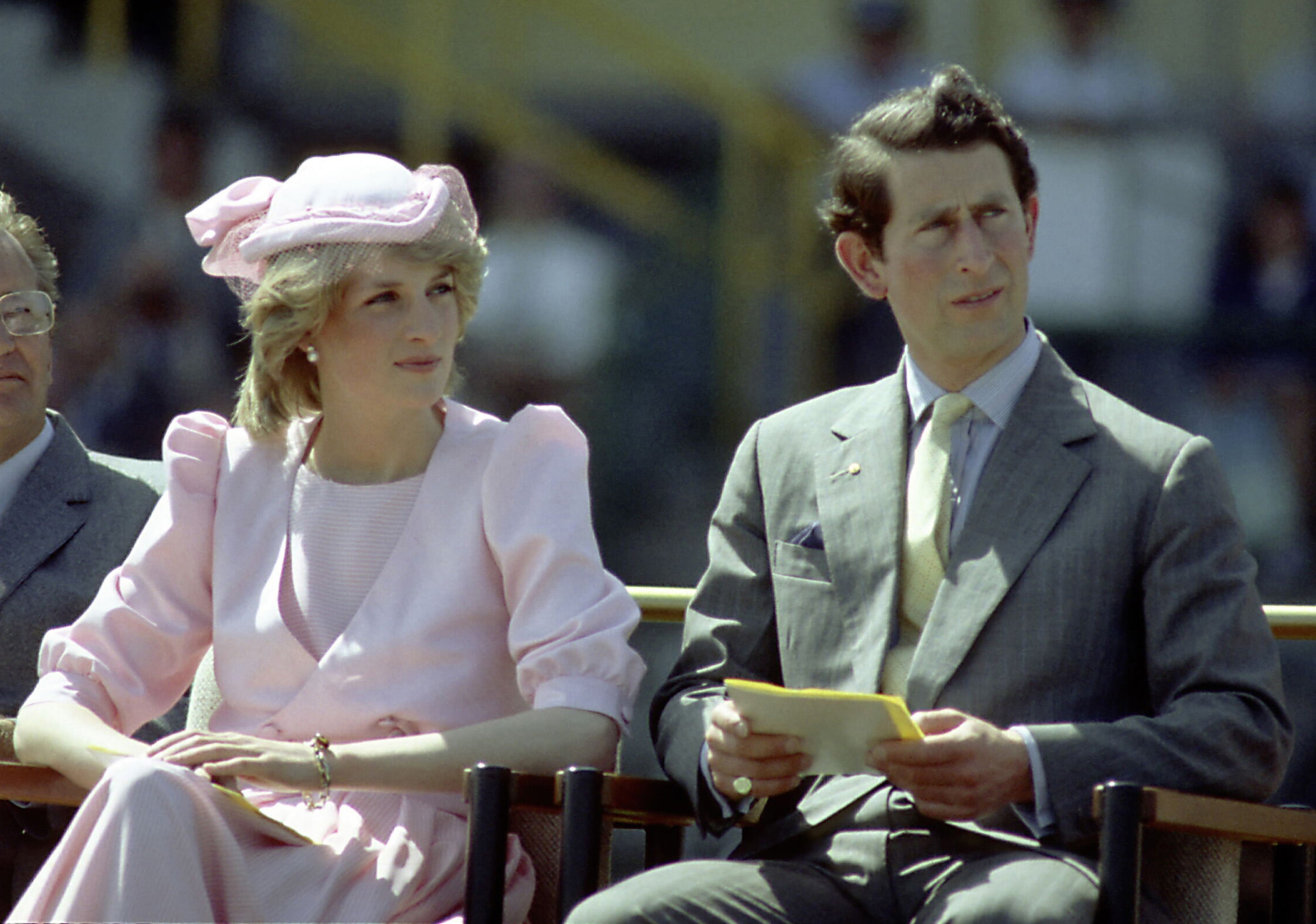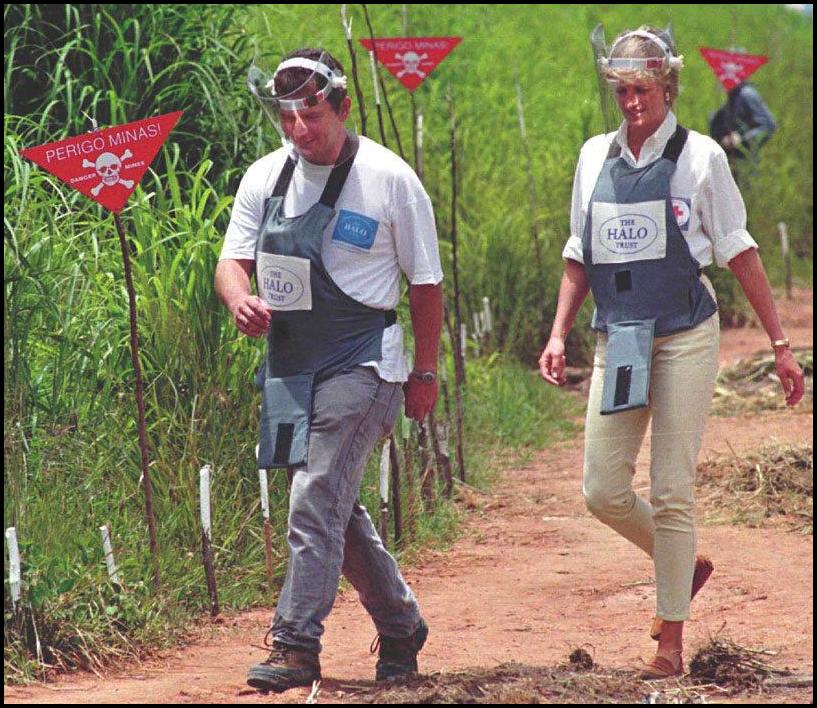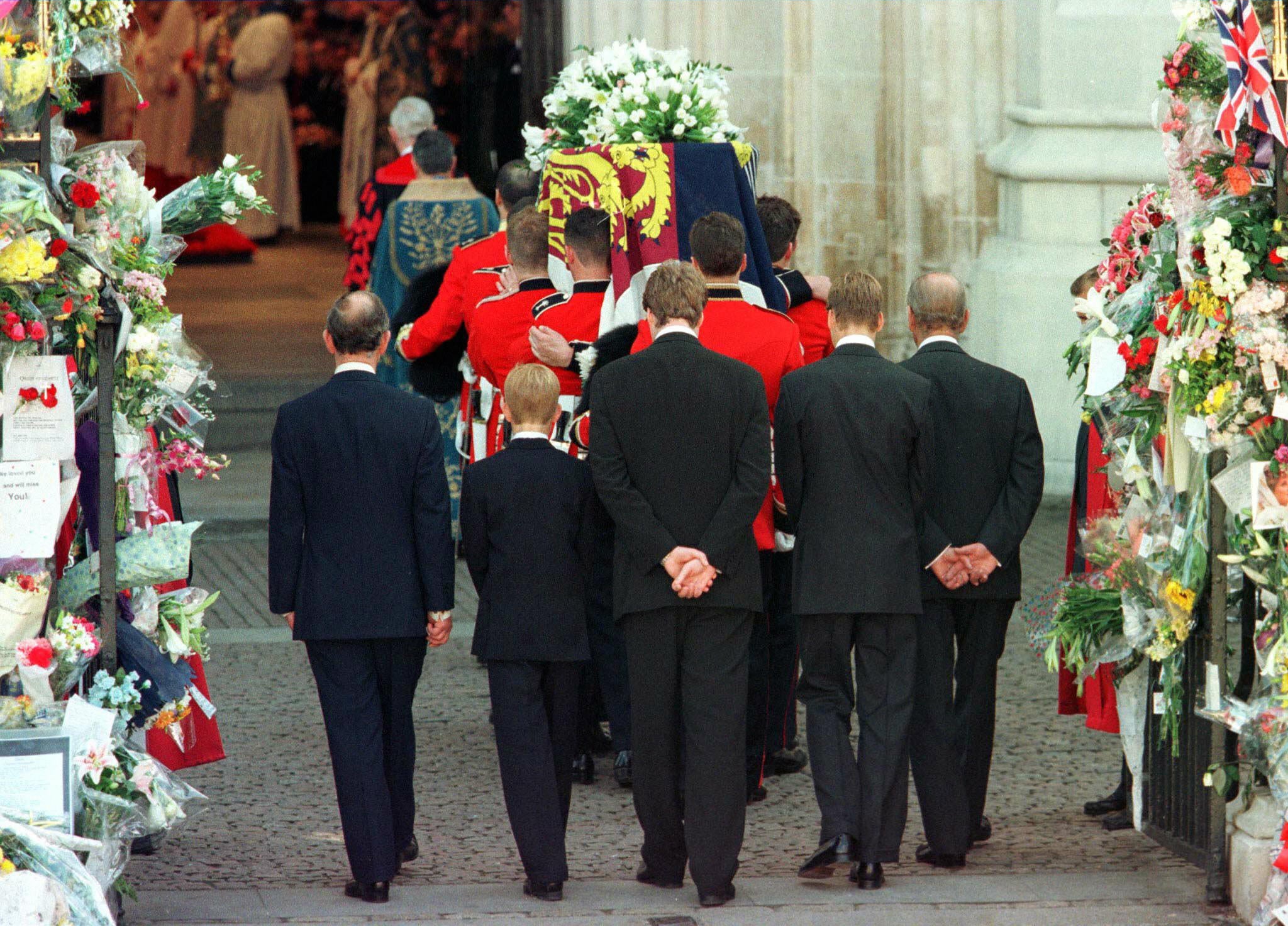
Today (31 August) marks 25 years since Diana, Princess of Wales, died in a fatal car crash in Paris.
Before the tragic accident that claimed her life, Princess Diana was a beloved public figure known as the people’s princess, who managed to make headlines for both her charitable work and her unprecedented transparency.
From her Panorama interview to a funeral that shook the world, these were some of the key moments in Diana’s final years.
Separation from Prince Charles
In 1992, Prince Charles and Princess Diana separated after 11 years of marriage, with then-prime minister John Major announcing that the couple had separated “amicably”.
“This decision has been reached amicably and they will both continue to participate fully in the upbringing of their children,” Major read from a Buckingham Palace statement.

The couple’s decision did not come as a surprise, as it had previously been reported that Prince Charles had been having an affair with Camilla Parker-Bowles.
Panorama interview
Three years after separating from Prince Charles, Diana was interviewed by Martin Bashir on BBC One’s Panorama, where she opened up about her marriage and her husband’s infidelity, as well as her depression, self-harm and eating disorder.
The interview, which was the first-ever solo interview for the Princess of Wales and which was watched by 23m people when it was first broadcast, marked an unprecedented first for the normally private royal family.
The Princess of Wales’ revelations were equally controversial, as the royal, who was then 35, spoke candidly about Prince Charles’s affair and admitted to being unfaithful as well, before describing the lack of support she felt from the royal family.
However, according to Diana, she did the interview out of a desire to clear the record, and not out of retaliation against the royal family, as some believed.
She said: “We will have been separated three years this December, and the perception that has been given of me for the last three years has been very confusing, turbulent, and in some areas I’m sure many, many people doubt me.
“And I want to reassure all those people who have loved me and supported me throughout the last 15 years that I’d never let them down. That is a priority to me, along with my children.”
The interview has had a lasting significance 25 years on, with Diana’s eldest son Prince William reflecting on his mother’s decision to speak to the media last year.
“I can understand – having sometimes been in those situations, you feel incredibly desperate and it is very unfair that things are being said that are untrue,” he said. “The easiest thing to do is just to say or go to the media yourself. Open that door. [But] once you’ve opened it you can never close it again.”
Diana’s divorce was finalised
Nine months after her Panorama interview, Princess Diana’s divorce was finalised.
While the royal had revealed in the interview with Bashir that divorce was not her ultimate goal, the conversation ended up instigating the legal end of her marriage, with the Queen sending letters to the Prince and Princess of Wales advising them to divorce a month later.
Prince Charles agreed to the divorce, and it was finalised on 28 August 1996, at which point Diana relinquished her Her Royal Highness status.
Live minefield
Just months before she would die, Diana, who was still one of the most famous women in the world despite her divorce from Prince Charles, travelled to Huambo, Angola, where she would walk across a live minefield to raise global awareness of her support for an international treaty banning landmines.

The photos of the Princess of Wales, dressed in a head covering and protective gear, and meeting landmine survivors, made headlines around the world following her January 1997 visit, bringing attention to the landmine crisis.
The poignant visit also cemented Diana’s title as a humanitarian, a role she had previously earned praise for with her advocacy on behalf of people with HIV and AIDS.
In 2019, Prince Harry followed in his mother’s footsteps when he, wearing an outfit similar to that worn by Princess Diana, walked through an Angolan minefield on a solo outing during a royal tour with Meghan.
“The Duke is humbled to be visiting a place and a community that was so special to his mother, and to recognise her tireless mission as an advocate for all those she felt needed her voice the most, even if the issue was not universally popular,” the couple captioned a photo of Diana’s visit to the landmines on their Instagram at the time.
Diana’s death
Although Diana was no longer married to the heir to the British throne, she continued to capture intense public interest, with paparazzi following her nearly everywhere she went.
On 30 August 1997, the then-36-year-old had just arrived in Paris from a 10-day holiday alongside her rumoured boyfriend Emad “Dodi” Fayed, a billionaire whose father Mohammed Al-Fayed owned the Ritz Hotel in Paris and the Harrods Department store in London.
At the time, interest in the couple’s alleged relationship had reached a frenzy, with paparazzi pursuing the couple on motorcycles and by car almost immediately after they left the hotel and got into their waiting car.
In the moments leading up to her death, the car’s driver, Henri Paul, had reportedly approached the entrance to Paris’s Pont de l’Alma going 70mph, despite a limit of 30mph, prompting him to lose control of the vehicle.
Paul and Fayed died at the scene, while Diana was rushed to the hospital, where she died on the morning of 31 August 1997.
Diana’s death, which shook the world, sparked immediate backlash directed at the photographers who were so eager to take a photo of the royal, with nine French photographers arrested and charged with manslaughter at the time.
While the charges against the photographers were later dropped, the paparazzi’s constant pursuit of Diana has remained a cause of blame for her death years on.
In 2008, after hearing evidence over six months, an inquest jury returned a verdict of unlawful killing, stating driver Henri Paul, whose blood exceeded the legal blood-alcohol limit, and the paparazzi shared the blame for the deaths of Diana and Fayed.
Both of Diana’s sons have also spoken about the role the unrelenting media coverage had on her untimely death.
In the BBC documentary Diana, 7 Days, Prince William alleged that photographers would wait for his mother whenever she left the house, and would resort to tactics such as harassing her and “calling her names” to get a reaction out of her.
In the same documentary, Prince Harry accused the photographers who pursued Diana into the tunnel of taking photographs of her following her death.
“One of the hardest things to come to terms with is the people who chased her into the tunnel were the same people who were taking photographs of her while she was still dying on the back seat of the car,” he said.
Diana’s brother also placed blame on the public obsession with the Princess of Wales, referring to the late royal as “the most hunted person of the modern age”.
Recently, Prince Harry alluded to his mother’s treatment at the hands of the media as the main reason behind his and Meghan’s decision to step back from the royal family, telling Winfrey his “biggest concern was history repeating itself”.
Diana’s funeral
Diana was laid to rest in a public ceremony watched by more than 2.5 billion people on 6 September 1997.
The beloved royal’s lasting legacy was also evidenced by the more than a million mourners who arrived in London to pay their respects and to leave flowers.

The funeral was attended by the royal family, as well as celebrities and world leaders, with the late royal’s good friend Elton John performing Goodbye England’s Rose.
Diana was buried at Althorp Estate, the Spencer family home.
The emotional toll of the funeral, which saw Prince Harry and his brother walk behind the casket, has been great, according to the duke, who revealed in 2017 that he doesn’t think “any child should be asked to do that, under any circumstances”, adding: “I don’t think it would happen today.”







